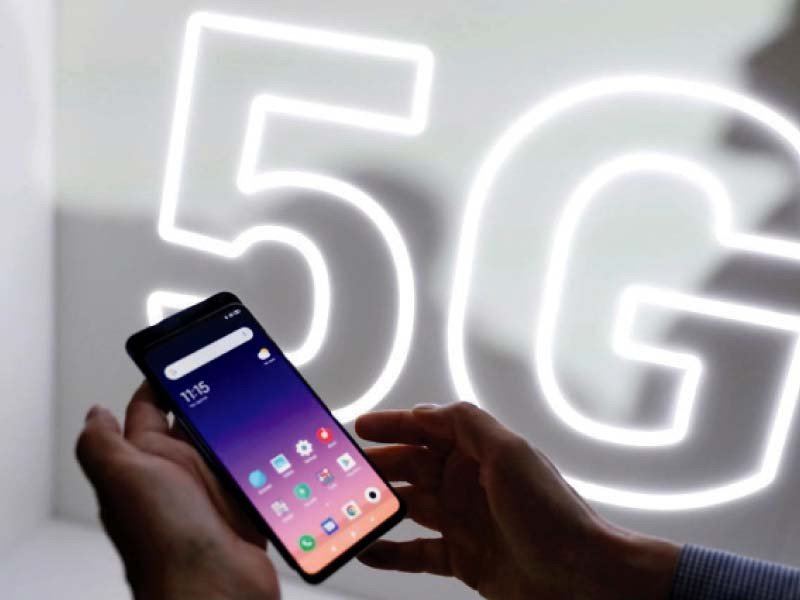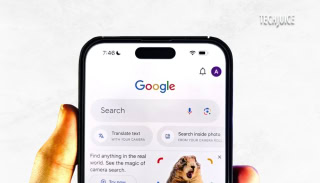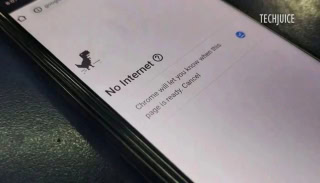Apple, Google, and Samsung said Wednesday that they would provide software upgrades to allow 5G capability on their respective devices in India, the world’s second-largest cellular market, only days after local officials pressed the phone makers to do so.
Reliance Jio and Airtel, India’s two main carriers, have recently begun to provide 5G services in certain Indian locations. However, many popular devices in the country do not now support the local airwaves. Although some devices have 5G hardware capabilities, makers must collaborate with local network providers to issue software upgrades that allow compatibility for their networks.
To that end, Apple said today that a software update would be released in December to enable 5G on iPhones used in India. Apple initially debuted 5G capabilities in 2020 with the iPhone 12.
“We are collaborating with our Indian carrier partners to offer the finest 5G experience to iPhone consumers as soon as network validation and testing for quality and performance are done. 5G will be activated with a software update and will be available to iPhone users in December,” according to Apple.
Google has also promised a software upgrade for its devices, though no timetable for the deployment has been disclosed.
“The Pixel 7, 7 Pro, and 6a are all 5G enabled. We are actively working with Indian carriers to provide functionality as soon as possible,” said a Google spokeswoman.
The Pixel 6a was released in India in July, and the Pixel 7 series will be available soon.
Samsung, the country’s second-largest smartphone manufacturer, is also working on software improvements to allow local airwaves compatibility across all of its 5G phones, similar to Apple and Google.
“Samsung has been at the forefront of 5G technology development since 2009, taking the lead in standardizing 5G technology internationally.” Samsung offers the most diverse line of 5G devices in India. We are working closely with our operator partners and are dedicated to pushing out OTA upgrades across all of our 5G devices by mid-November 2022, allowing Indian users to enjoy 5G effortlessly,” said a representative for Samsung India in a statement.
In July, India sold the 5G airwaves license in an auction for a record $19 billion. Jio, owned by billionaire Mukesh Ambani, has bought most of the spectrum and has promised to spend $25 billion alone on bringing out and expanding its 5G services. The South Asian country, which is one of the last major markets to adopt 5G, is optimistic about its prospects.
“5G signals the beginning of a new era in the country. It is the beginning of a limitless sky of possibilities,” Prime Minister Narendra Modi declared last month at an event.
In the Indian smartphone market, both Apple and Google smartphones have a modest market share. While Apple controls only 4% of the local smartphone market, Google’s figures are unavailable due to lower sales. According to analytics company Counterpoint, the entire install base of 5G-ready handsets in India was 50 million in July.
According to Bharti Airtel’s support website, various headphones from Chinese manufacturers such as Xiaomi, Oppo, Vivo, Realme, and OnePlus already support its 5G services.
Notably, Airtel has activated 5G services in eight locations, while Reliance Jio has activated them in four cities via an invite-only scheme. Both of these network operators want to extend 5G coverage across the country in the coming years. Sunil Bharti Mittal, chairman of Airtel, stated that the company’s goal is to reach all of its eight launch cities by March 2023 and the whole country by 2023. Reliance Jio’s ambitions are lofty, as it wants to bring 5G services across the country by 2023.
Read:














